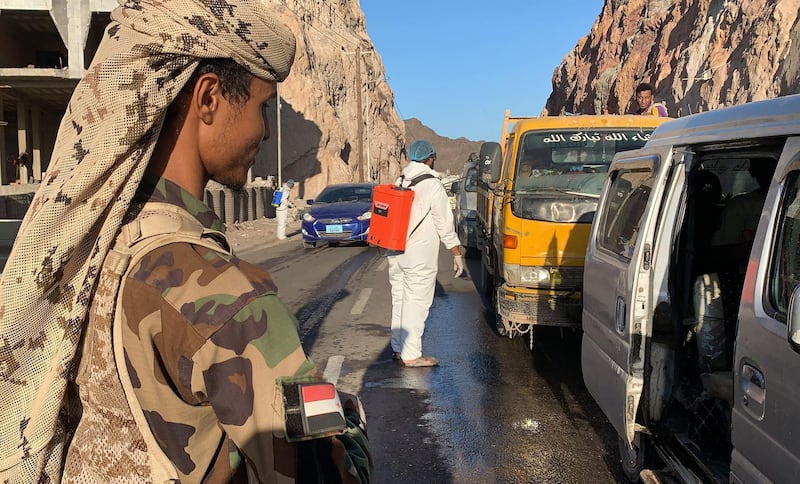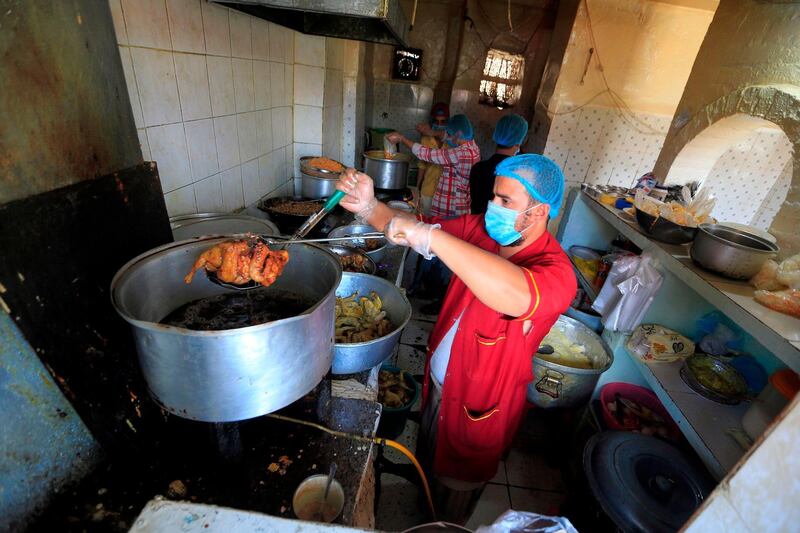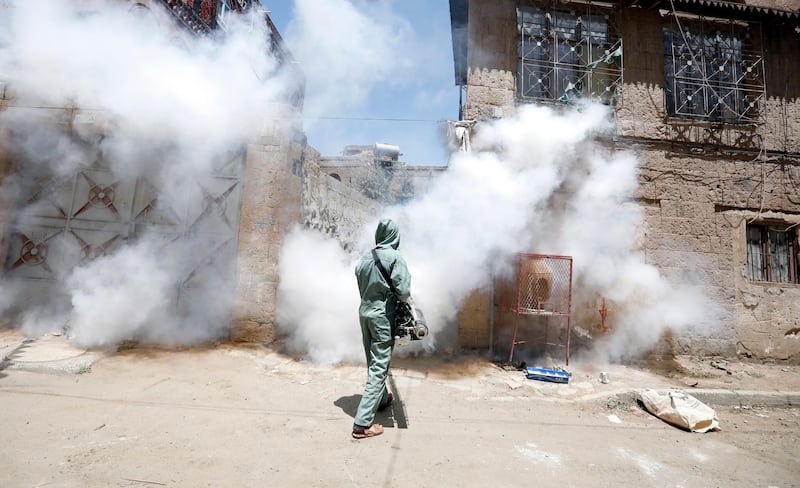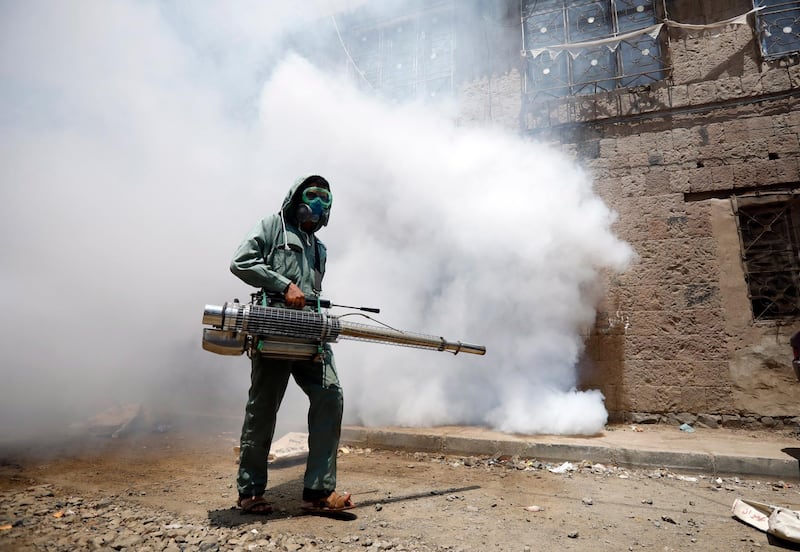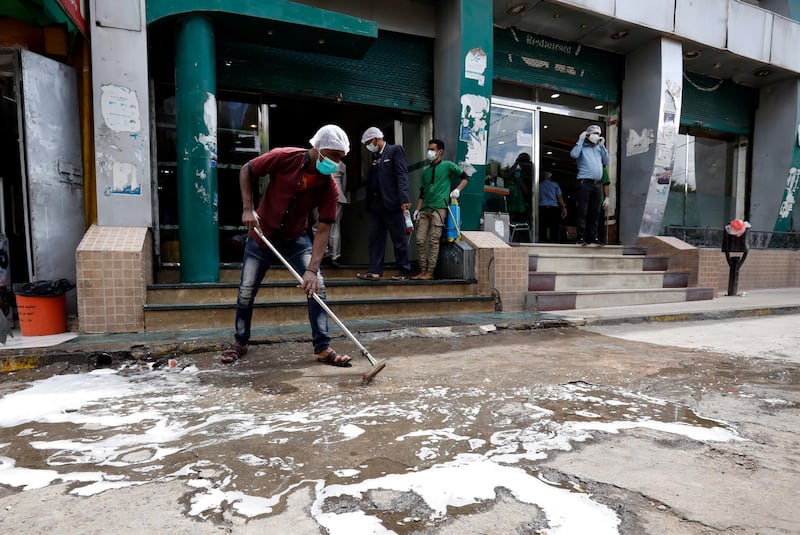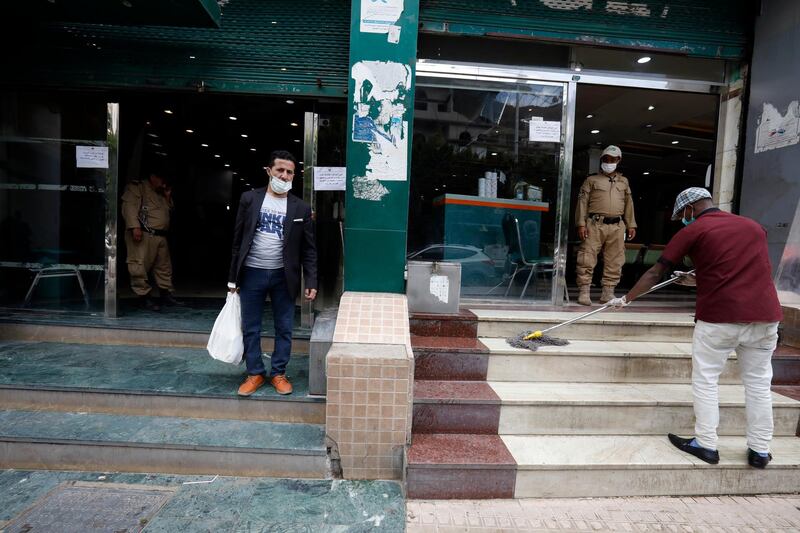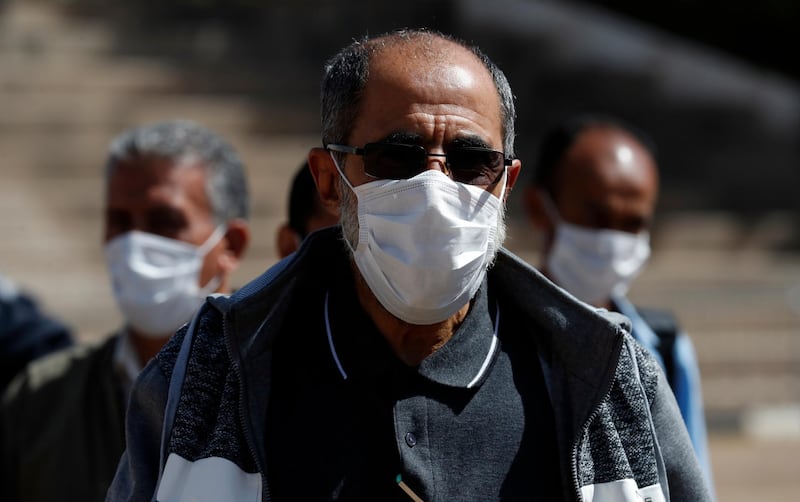Yemen's government forces will confront an "armed rebellion" by southern forces, the administration said on Tuesday in the latest chapter of a near month-long standoff between allies in the anti-Houthi alliance.
On April 25, the Southern Transitional Council (STC) declared a plan to move towards self-rule after decrying protracted delays from the government on a deal agreed in Riyadh last November for a cabinet shake-up and a new power-sharing agreement.
The Riyadh agreement was brokered after the STC and government forces clashed in and around Aden last August.
Yemeni Foreign Minister Mohammed Al Hadhrami said the STC had refused calls from the government and the international community to reverse its declaration.
The STC has thanked efforts by Saudi and UAE but said government stalling was unacceptable. The international community, led by Gulf allies of Yemen, have called on the STC to return to the negotiating table to find an acceptable timeline.
The army will do "everything necessary to preserve the state, its institutions, and the safety of its citizens against [the STC]," Mr Al Hadhrami said.
#Yemen’s National Army will do everything necessary to preserve the state, its institutions, and the safety of its citizens against @STCSouthArabia. 6/7
— Yemen Embassy D.C. (@YemenEmbassy_DC) May 12, 2020
He urged the group to also work on implementing terms of the Riyadh pact.
Both sides have accused each other of destabilising military actions in the south, in particular in the province of Abyan.
In a speech on Monday, STC leader Aidarous Al Zubaidi called for southern forces to be "ready" and urged people to "defend their national gains".
Aden is the interim seat of the government since it was pushed out of Sanaa in a coup by the Iran-backed Houthi rebels in late 2014.
Coronavirus in Yemen
It has reported most of the country's 58 coronavirus infections, and the government said the political issues with the STC were hampering the virus fight, while the STC has accused the government of incompetence and corruption. They also accuse the government of supporting the Islamist Islah party, the local Muslim Brotherhood branch, causing security issues exploited by extremists who staged attacks in Aden and the south last year that killed dozens of southern forces, including senior commanders.
The five-year war has shattered Yemen's fragile health system and pushed millions to the brink of famine.
The World Health Organisation (WHO) says Yemen is suffering full-blown transmission of the virus, among a population with some of the lowest levels of immunity to disease among nations.
The Saudi-led Arab Coalition to restore the internationally recognised government of Abdrabu Mansur Hadi announced a unilateral truce, prompted by a UN plea to focus on the virus pandemic, but the Houthis have not accepted it and violence has continued.
The United Nations is trying to convene virtual talks on the truce, coordinated virus efforts and confidence-building steps to restart talks to end the war.
However, there are accusations from the government and some analysts that the Houthis are failing to report virus cases and using it to drive recruitment instead of taking the issue seriously.
